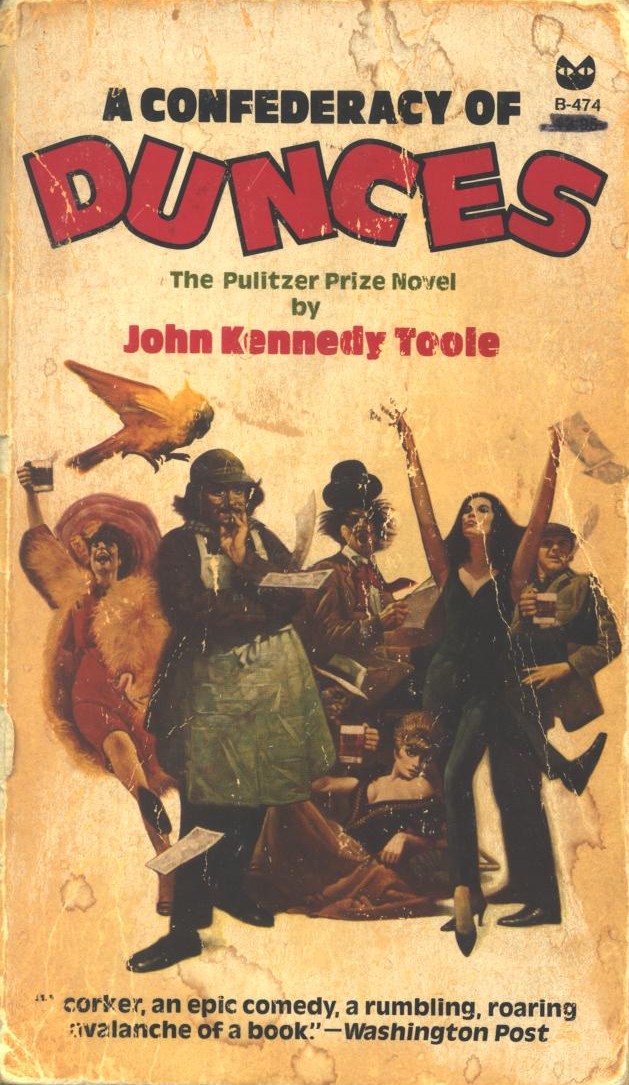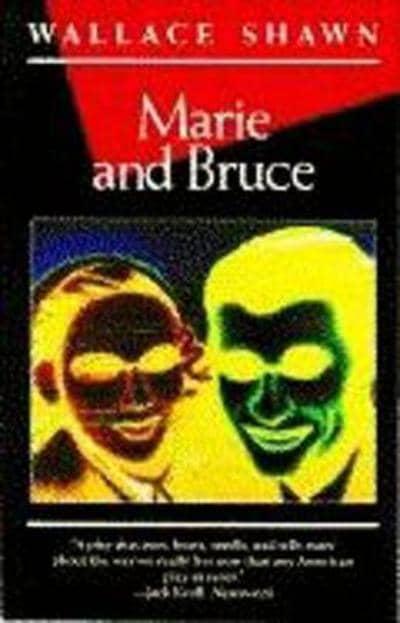

💡 “I refuse to “look up.” Optimism nauseates me. That was probably what was wrong with him.” 💡 “You could tell by the way he talked, though, that he had gone to school a long time. 💡 “Apparently I lack some particular perversion which today’s employer is seeking.” Or maybe, this line - “Like Harriet Beecher Stowe, Mynra was still around to offend.” What an inventive, fiendishly brilliant troll, Mr Toole would’ve made )Īnd there are enough gems in this book to be sure. She received it free of charge, yet she had never bought anything that had helped her as much as that body had.” Or this gem of a line, when a character looks at his tablets and calls it, “gems of nihilism”. Like the one moment one of his characters says, “Her body had always amazed her. Toole would’ve been a fantastic man to converse with, one who trolls you without knowing you’re being trolled. I’m going to walk my reader through rota Fortunae - a wheel of Fortune, a blind goddess who spins humans on a wheel, so luck comes in cycles.’ ‘I’m going to use a lunatic character to tell you about Boethius, the late Roman who had written Consolatione. Toole implores you to read more, but also, he’s being cunning about it - do you really want to know more about De Consolatione Philosophiae, from a deranged man who struggles with conventional society? He’s having his share of fun, probing the reader. That’s what makes this book such a delight. His command over the language, his daring challenge to readers to love a misanthrope, an anti-hero who is repulsive, and yet, you want to prod on. What does count is his language, his use of prose, his era of writers that we don’t produce anymore. Toole has laid out, just that it simply does not matter. This is not quite your typical meandering Murakami where words spill over a page without rationale, or a linear set of events. Toole manages to keep a plot alive with his spectacular prose. It’s a book woven with rich language, and tugs at a reader’s intrigue to understand how Mr. I suspect in a year or two, I would struggle to recall the ‘storyline’, if you could even call it one. It’s hard to describe books like, ‘A Confederacy of Dunces’.

Toole was posthumously awarded the 1981 Pulitzer prize for fiction. That singular event gave us a bewilderingly bewitching Ignatius Reilly - a character that deserves as much recognition as a Mr. His mother managed to find an eminent author who gave her a hearing. He got depressed after multiple publishers rejected, ‘A Confederacy of Dunces’.

John Kennedy Toole committed suicide at 32.


 0 kommentar(er)
0 kommentar(er)
